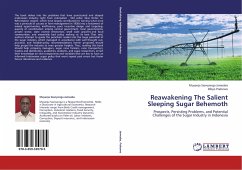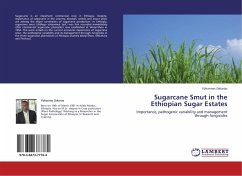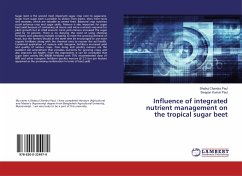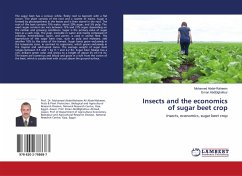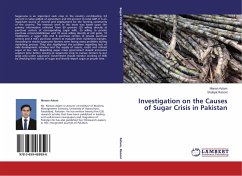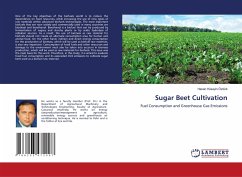The book delves into the problems that have punctuated and shaped Indonesian industry right from colonialism , Old order, New Order, to Reformation regime, which have largely contributed to turning what once was a pinnacle of success in farm management in 1930s into a testament of missed opportunities, inefficiency; poor incentive design and targeting; paucity of coordination among central government, local governments, private sector, state owned enterprises, small scale growers and local communities; and essentially bad policy making at its best. That said, authors attempt to guide the penchant reader into the huge potential of the sugar industry, which managed in accordance with well thought out, practical, and feasible policy recommendations herein proposed, should help propel the industry to even greater heights. Thus, reading this book should help company managers, sugar cane farmers, cane transporters, traders and distributors; academics, students, and sugar researchers, enrich their knowledge on vital components and variables that are key to have an informed Indonesian sugar policy that wont repeat past errors but foster future robustness and resilience
Bitte wählen Sie Ihr Anliegen aus.
Rechnungen
Retourenschein anfordern
Bestellstatus
Storno

